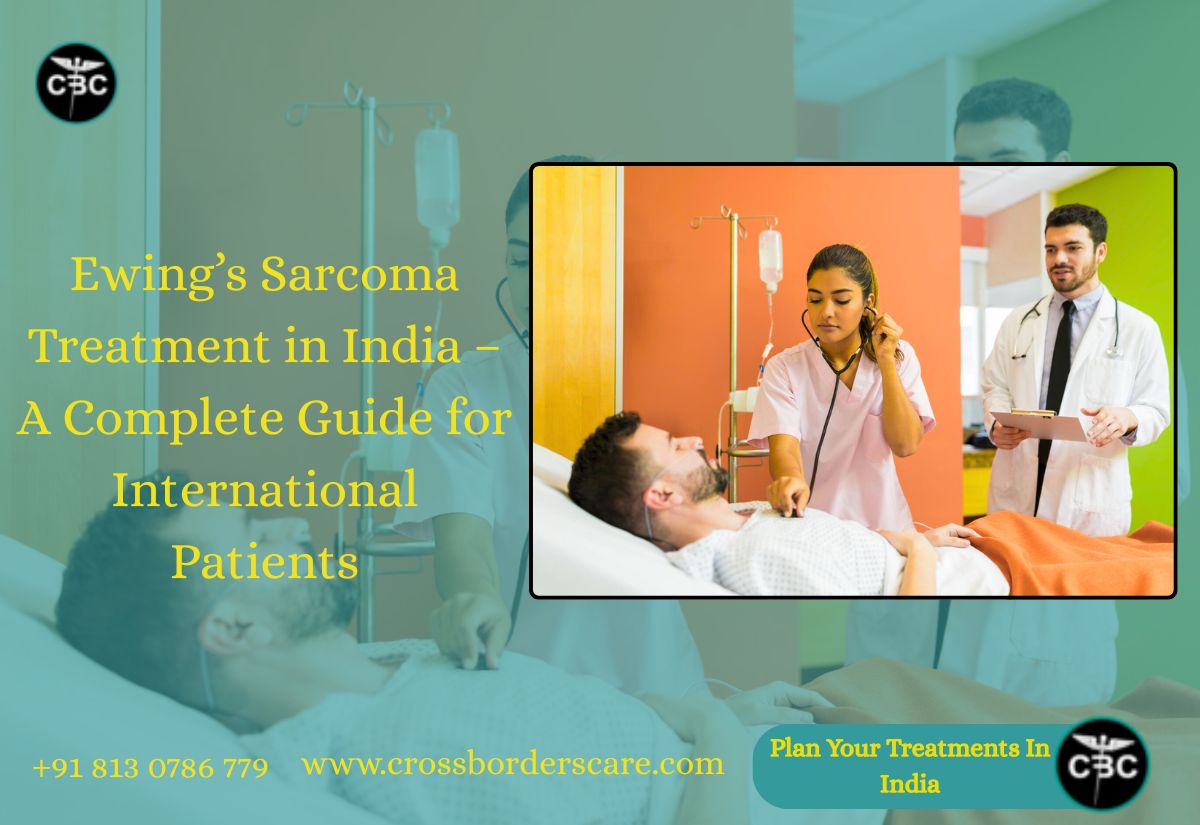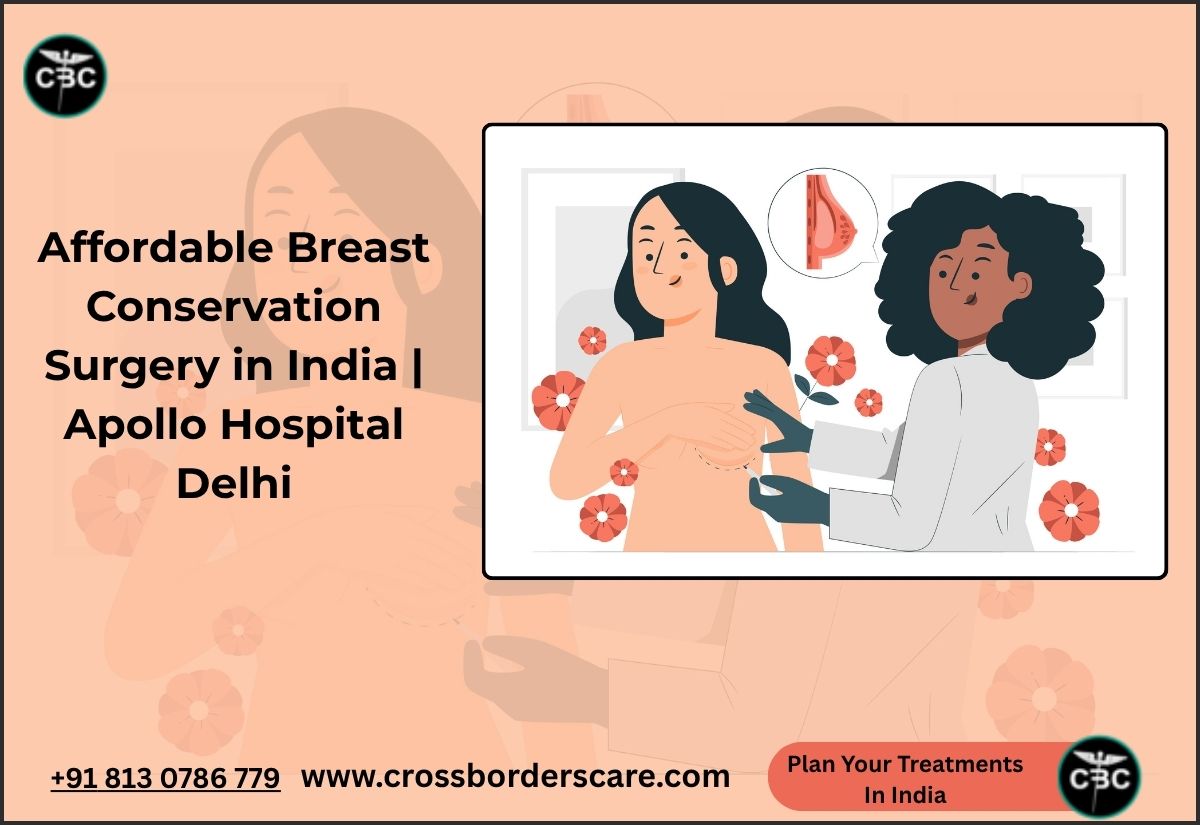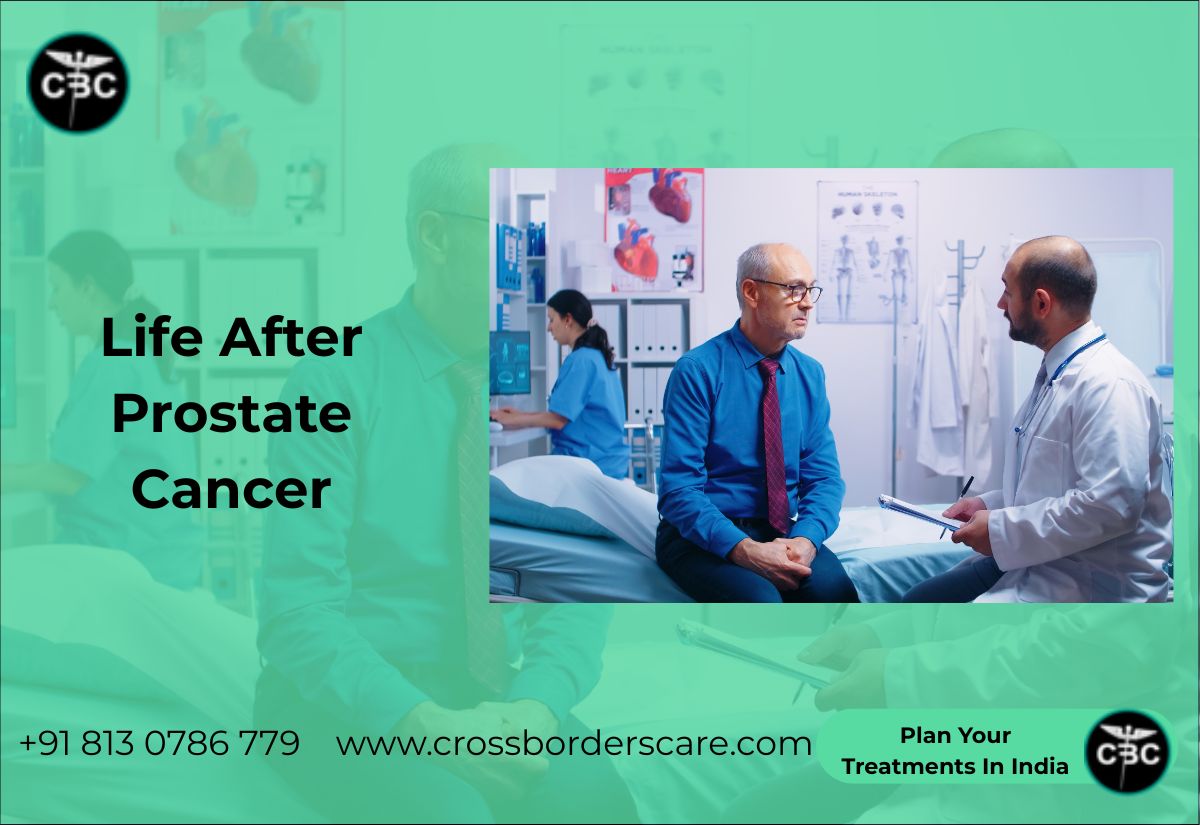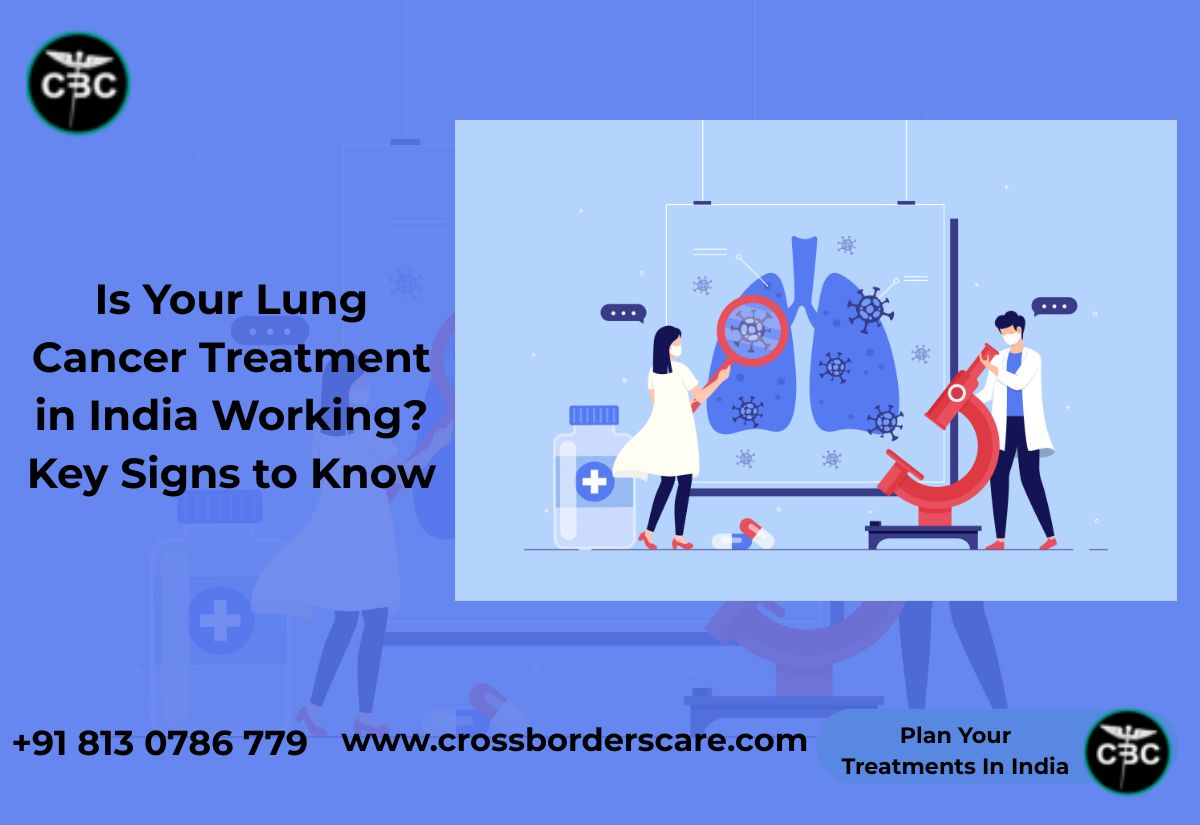Prostate cancer is one of the most common cancers affecting men worldwide. While advanced treatment options exist in almost all countries, the cost in countries like the US, UK, and Canada can be overwhelming. That’s where India becomes a leading choice for international patients, offering world-class care at a fraction of the cost. Prostate cancer treatment in India is both safe and affordable.
At Cross Border Care, we help international patients connect with top prostate cancer doctors in India, including renowned urologist and robotic surgeon Dr. Anant Kumar, for prostate cancer treatment. Here’s a step-by-step guide to help you understand the treatment journey in India.
Quick Overview
- Best Doctor: Dr. Anant Kumar
- Hospital: Max Super Speciality Hospital, New Delhi
- Estimated Cost: $7,000 – $10,000 (Robotic Surgery)
- Total Stay: 10–14 days
- Visa Assistance: Yes
- Languages Supported: English, Arabic, French, Russian
# 1: Medical Records Evaluation
The first step to begin your prostate cancer treatment in India is to contact us via our website and send us :
- Recent biopsy results
- PSA levels
- MRI, PET, or CT scans (if available)
- Any previous treatments
What will Cross Border Care do?
Forward reports to the top prostate cancer Hospital in India: MAX HOSPITAL
Get expert opinions from someone like Dr. Anant Kumar (Max Super Speciality Hospital, New Delhi)
Help you understand the best treatment plan.
#2: Choosing the Right Hospital & Doctor
As a leading medical agency in India, we have tie-ups with top JCI-accredited hospitals in India :
Dr. Anant Kumar is the best doctor for robotic-assisted prostate surgery in India with over 30 years of experience. He works in MAX Hospital, Delhi./ He leads a team that regularly treats international patients with:
- Radical prostatectomy
- Robotic surgery (Da Vinci)
- Radiation therapy (IMRT/IGRT)
- Hormone therapy (ADT)
#3 Visa Assistance & Travel Coordination
Once everything gets decided and you make your mind to visit India for your prostate cancer treatment, we will assist you with;
- Medical visa invitation letter from the hospital
- Support for spouse/attendant visa
- Guidance on flight booking and travel insurance
- Airport pickup service in India
#4: Arrival in India & Hospital Admission
On arrival, our care team at Cross Border Care will help you with the following things:
- Admission into the MAX Hospita
- Assign a translator to you if needed.
- Arrange consultations with Dr Ananat Kumar
- Arrange a hotel room for your attendant and make all arrangements for food.
- Conduct pre-surgical assessments and lab tests under the supervision of Dr Ananat Kumar
- Handle all paperwork and deal with hospital bills and medicines
- Arrange a mode of transport for your attendant
- Decide on a line of treatment with the doctor after conducting all tests and getting its results.
#5: Prostate Cancer Treatment Timeline in India
| Treatment Type | Suitable For (Stage) | When It’s Done | Duration of Hospital Stay | Total Stay in India |
| Robotic Radical Prostatectomy | Localized prostate cancer (Stage I & II) | After evaluation and pre-op tests (Day 2–4) | 2–3 days | 10–14 days |
| Radiation Therapy (IMRT/IGRT) | Localized or locally advanced cancer | After radiation planning (Day 5–7) | Outpatient basis | 4–6 weeks (daily sessions) |
| Hormone Therapy (ADT) | Advanced or metastatic prostate cancer | Started immediately after diagnosis | No hospital stay | 5–7 days (initial visit) |
| Chemotherapy | Metastatic or hormone-resistant cancer | Based on the doctor’s evaluation | 1–2 days per cycle | Depends on the cycles planned |
| PET/MRI/CT Scan | For staging or follow-up | Day 1–2 | OPD-based | 2–3 days |
| Biopsy (TRUS or MRI Fusion) | For initial diagnosis | Day 1–2 | Day-care procedure | 2–3 days (incl. results) |
| Follow-Up Consultations | All stages | Post-treatment or after return home | Online / Virtual | Ongoing support |
After evaluating all your current reports in India and a detailed consultation with Dr Ananat Kumar, we will decide the best line of treatment for your prostate cancer.
#6: Post-Treatment Care & Travel Back
After you complete prostate cancer treatment in India at MAX Hospital, and under our guidance:
- We will arrange virtual follow-up consultations and in-person consultations with your prostate cancer treatment doctor in India.
- Reports and discharge summaries are provided
- Return travel is arranged
- We stay in touch for any post-treatment guidance
What will the total cost of prostate cancer treatment be in India?
The total cost of prostate cancer treatment in India at MAX Hospital will be:
- Robotic Prostatectomy: 7000 – 9000 USD
- Hormone Therapy: 1000 USD
- Radiation Therapy: 4500 USD
- Chemotherapy: 500 – 1000 USD
Know More About Dr Anant Kumar
Dr Anant Kumar is a senior doctor at MAX Hospital and has 35 years of experience. He specilaizes in Kidney transplant, Robotic Prostatectomy, Laparoscopic Prostatectomy, uro oncology and laser prostate surgery. Dr Anant Kumar is known as the best urologist in India and is also a well-known robotic surgeon in India.
Conclusion
Choosing India for your prostate cancer treatment is not just about affordability — it’s about receiving world-class care from a globally renowned prostate cancer doctor in India, Dr. Anant Kumar, backed by state-of-the-art hospitals and personalized support at every step.
At Cross Border Care, we simplify this journey for you — from your first medical report to your return home after treatment. Our dedicated team ensures that your entire treatment experience in India is safe, smooth, and stress-free.
If you’re worried about long waiting times or unaffordable treatment in your home country, it’s time to take the first step. Let us help you fight prostate cancer with expert care in India.
Contact us today for a free consultation and start your healing journey.
Frequently Asked Questions (FAQs)
Is prostate cancer treatment in India really safe for international patients?
Yes, India is a global hub for medical tourism. Hospitals like Max, Medanta, and Fortis are internationally accredited (JCI/NABH), and doctors like Dr. Anant Kumar have decades of experience treating patients from across the world.
What is the success rate of robotic prostatectomy in India?
The success rate of robotic-assisted radical prostatectomy in India is comparable to top global standards, over 95% for early-stage cancer. With experienced surgeons like Dr. Anant Kumar, patients also benefit from quicker recovery and fewer complications.
How soon can I travel to India after sending my reports?
Once we receive your complete medical reports, Cross Border Care can organize your doctor consultation and visa documents within 48–72 hours. Most patients arrive in India within 1–2 weeks after starting the process.
What if I don’t speak English?
No problem. We provide translators for Arabic, French, Spanish, Russian, and more. Your comfort and understanding are our priorities.
Can Cross Border Care also help with hotel stay, food, and attendant arrangements?
Yes, absolutely. We arrange airport pickup, hotel stay for your attendant, meals, local transport, and more, so you can focus only on your treatment and recovery.
Can I get a second opinion before I travel?
Yes. We provide a free expert opinion from doctors like Dr. Anant Kumar after reviewing your reports. You only travel once you’re confident in your treatment plan.













